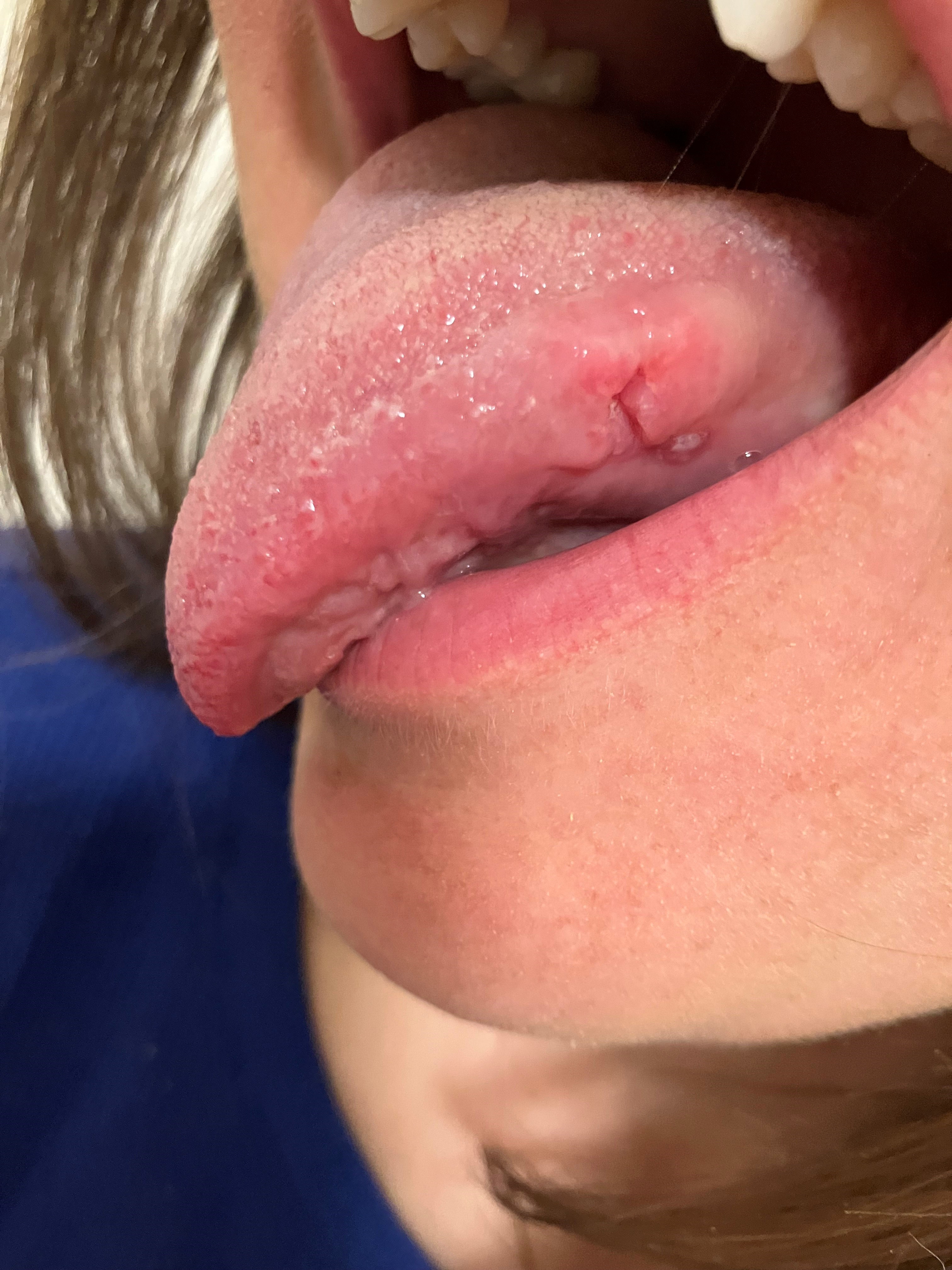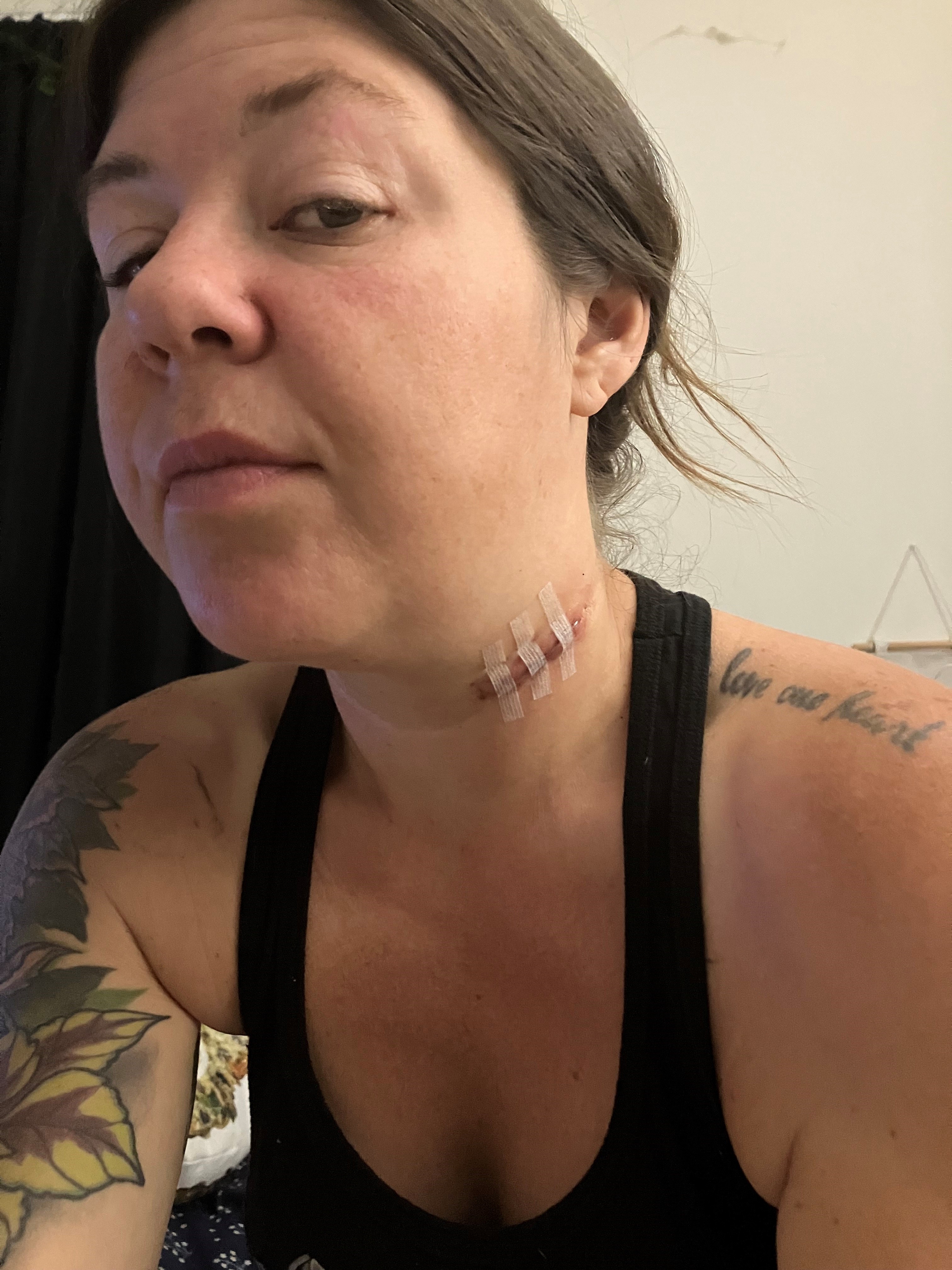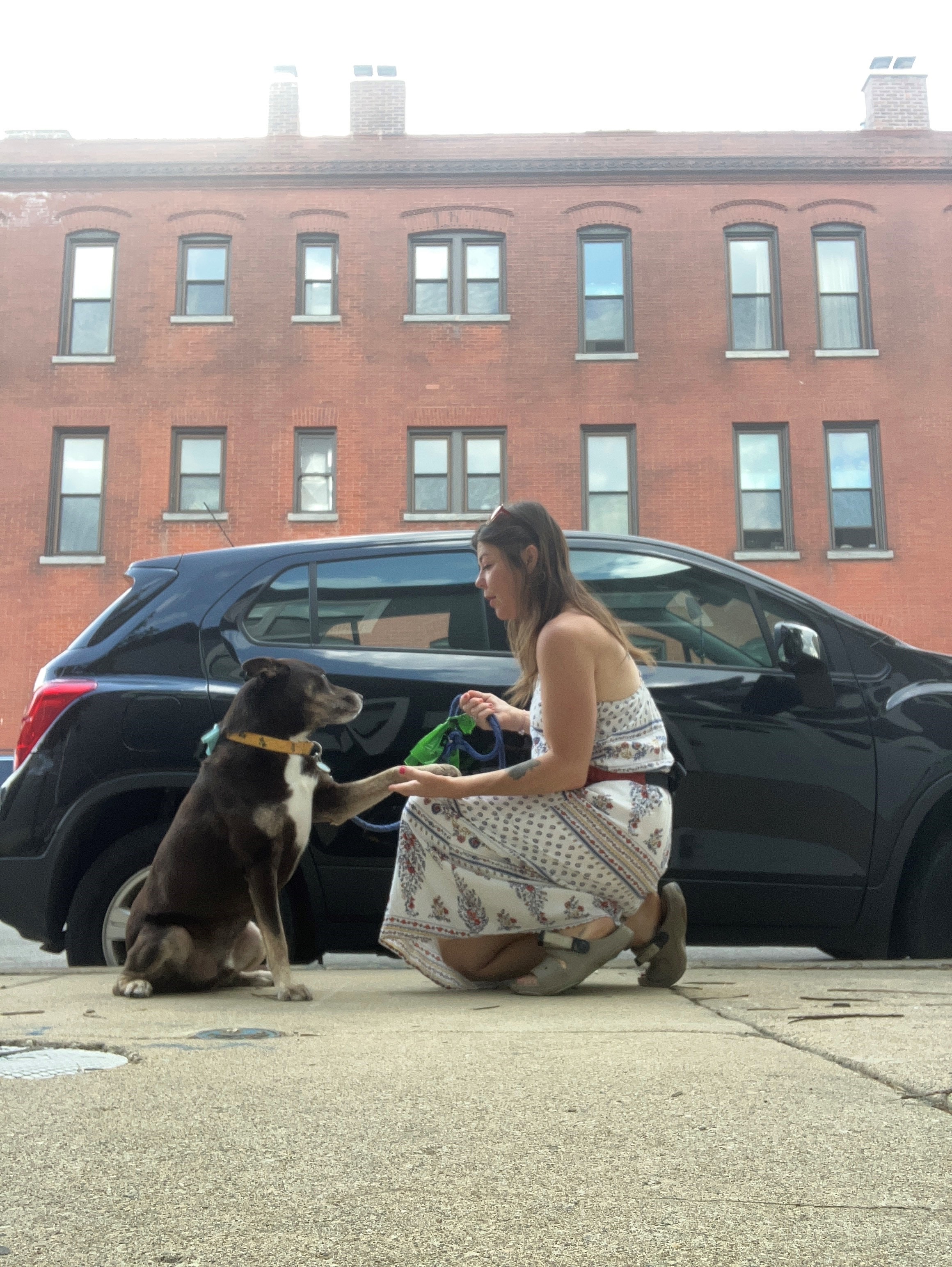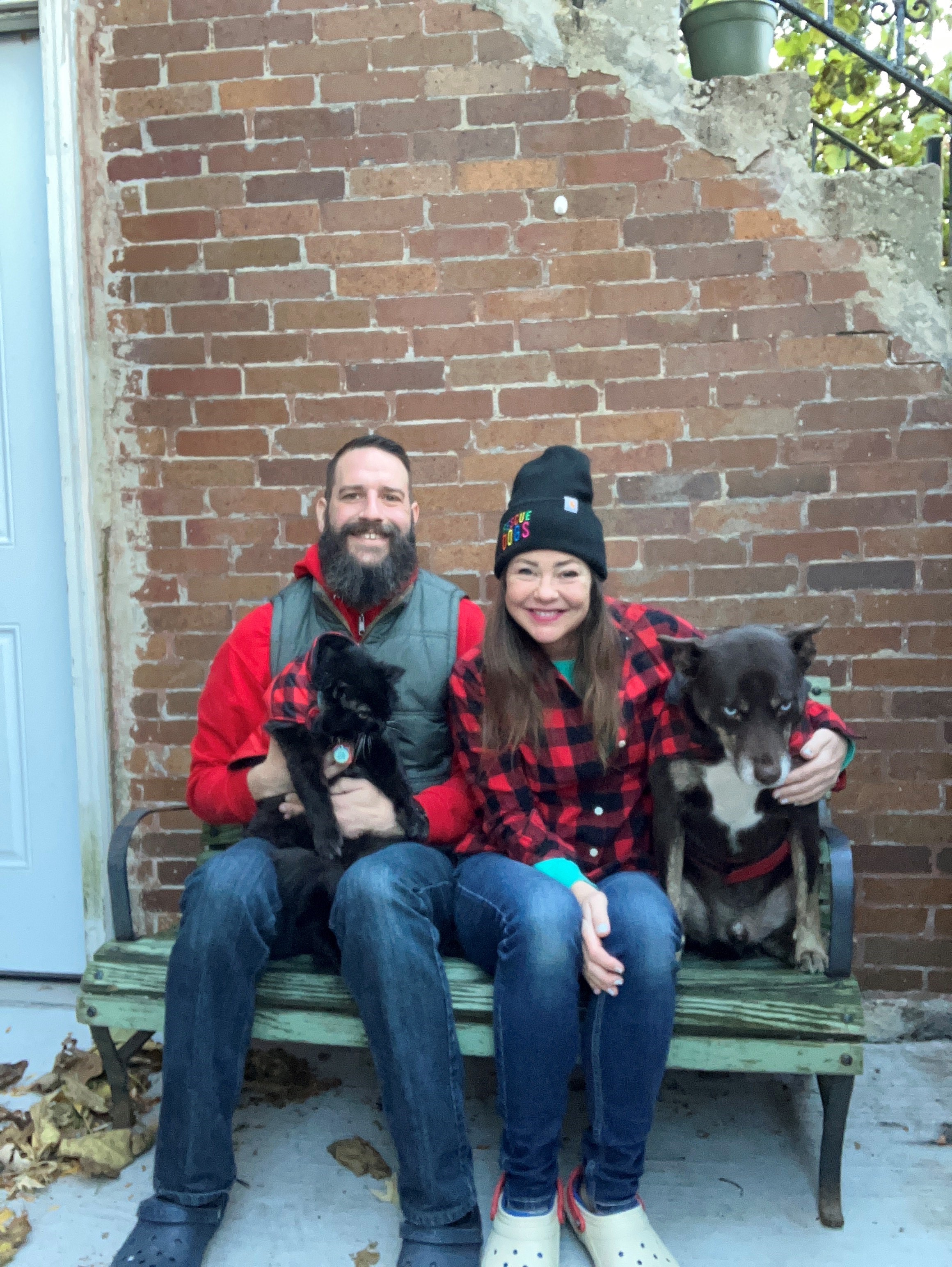“I wouldn’t be here without that man” — A Cancer Survivor's Gratitude for Her OMS
ACOMS Editor
12/6/2024
One afternoon in 2022, Jenni bit her tongue during a meal. Instead of healing, her injury slowly became worse. After seeking help from two general dentists and a doctor, she still had no diagnosis or treatment plan.
Finally, a third dentist referred her to the University of Illinois Chicago, where after three months she was able to see an oral and maxillofacial surgery (OMS) professional, Dr. Nick Callahan. The team at UIC immediately recognized the lesion was suspicious for cancer and set up a biopsy appointment. To help relieve symptoms in the meantime they arranged for tooth #18, one of her molars, to be shaved down. The biopsy confirmed Jenni’s worst fears: it was positive for cancer.

The diagnosis of squamous cell carcinoma set off a whirlwind of work. An MRI of Jenni’s face and neck was obtained as well as a CT scan of her chest to complete her metastatic workup. The work up determined that, clinically, Jenni had stage II cancer. Dr. Callahan, alongside the team of doctors at UIC, determined Jenni’s treatment would start with the removal of the cancerous lesion of the tongue and a sentinel lymph node biopsy, which would determine definitively if the cancer had spread to the lymph nodes of the neck, since it is known that cancer can spread to the lymph nodes, even if they are enlarged on a clinical exam or diagnostic imaging.

The surgery was successful in completely removing the cancer of the tongue, but it also confirmed that cancer had spread to the lymph nodes of the neck. This upstaged Jenni’s cancer to stage III (pT2N1M0). Her autoimmune disease — type 1 diabetes — may have played a role in the quick spread of her cancer, but the causes remain unknown.
The team at UIC then recommended that Jenni undergo adjuvant radiation therapy, which would last six weeks of Monday to Friday treatment.
Doing radiation therapy was a tough, long road for Jenni. She could no longer work in her job as a dog walker, and ultimately lost the three things she loves most: talking, eating, and spending time with animals. “It was the most difficult time in my life,” she shares.

Now, Jenni has been cancer free for more than a year, having finished treatment on October 16, 2023. Although she has a piece of her tongue missing and cannot eat everything she wants, she is grateful for everything she is able to do.
Recently, an opportunity came up for her to speak to a class of Dr. Callahan’s dental students at UIC, and she was happy to share her experience and inspire future dentists and OMS professionals. Of this experience, she says: “I truly feel everyone in that room got something out of it. I teared up a little at the end because some of the photos I saw of myself — it was my first time seeing some of the photos of what they removed.” Many people who attended the class stopped and thanked her for sharing — “it was unbelievably rewarding,” she says.
Oral cancer is something OMS professionals deal with regularly, but for dentists, it can be a rare occurrence. Learning to recognize signs and refer out to specialists is essential to saving lives like Jenni’s.
“There’s no way to know what caused it, but that’s in the past. The important part is for the dental community to refer something if they see something. The mouth degenerates quickly, and although I have an autoimmune disorder, it shouldn’t have happened so quickly,” she says.
Now, Jenni returns to the doctor every six months but will not be considered completely cancer free until it has been gone for five years. She is very grateful, especially to Dr. Callahan and his care team.

“After what I’ve been through, I really understand the importance of his career,” she says. “This specific man goes above and beyond. He’s a teacher. He wants other people to understand why he's doing something. That is the pivotal part of this role. Not only are you taking care of other people as an OMS, but you also have the role of the teacher to teach someone else to do what you do. I wouldn’t be here without that man — or without the many other doctors in my arsenal. Every single one plays an important role.”
Jenni has happily returned to her life as a dog walker and serves on a nonprofit animal rescue board.